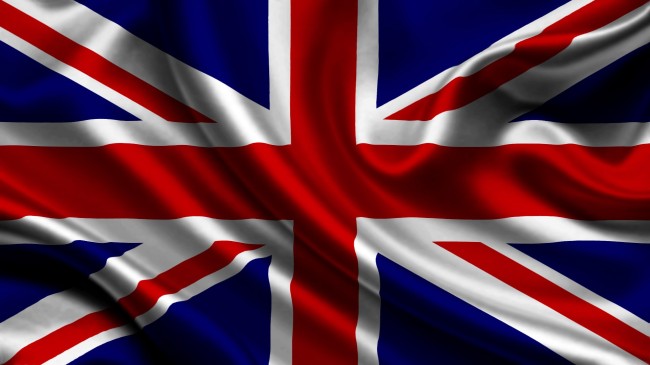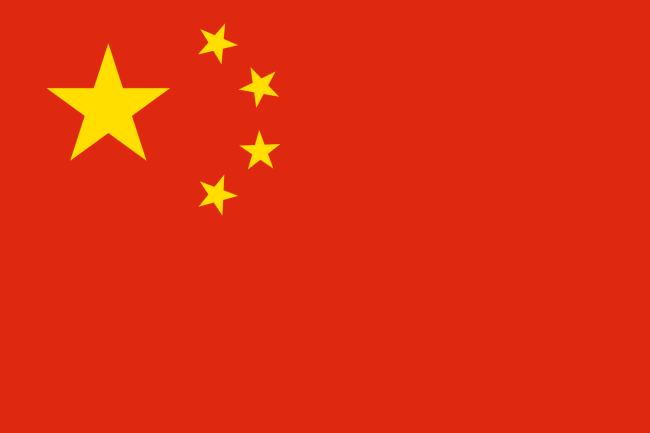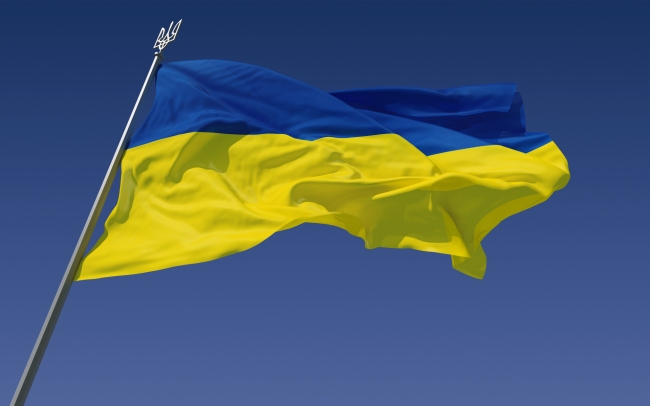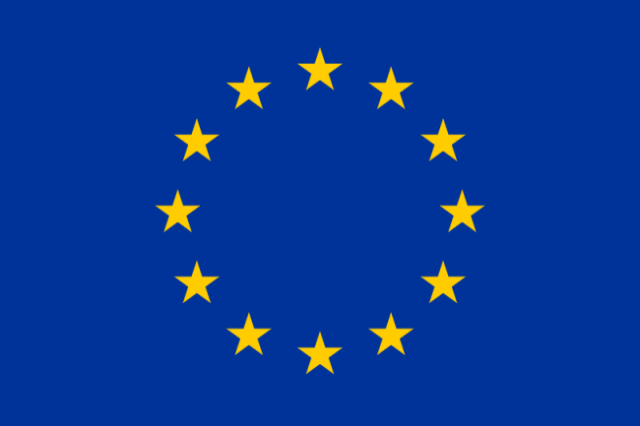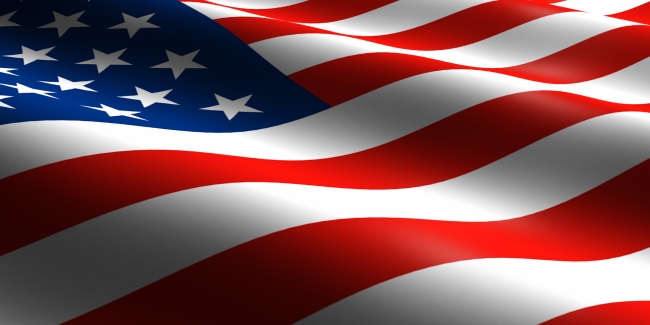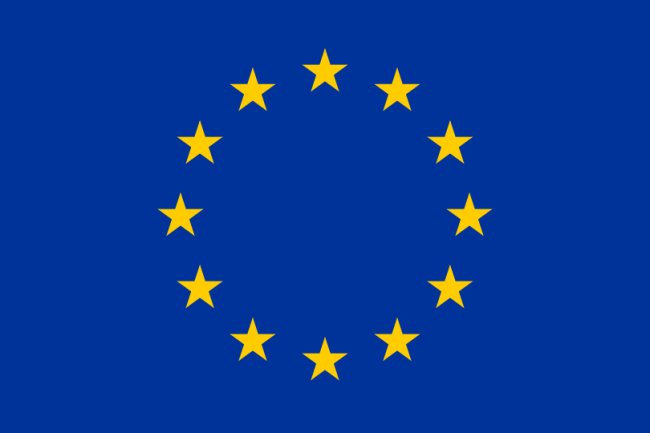
The mass media has become more pervading and influential in modern society in recent years. However it can be argued that the mass media is not objective in its reporting of the facts. Many large media corporations and newspapers have become increasingly sensationalist in output, seeking to increase circulation and profits, whilst sacrificing journalistic integrity and objectivity. Often the mass media’s reporting is biased, only showing one side of the coin and reinforcing the status quo set by the political elites. The mass media’s lack of objectivity is clear in cases such as the War on Terror, mainly the Iraq and Afghanistan War, The Israel-Palestine conflict and in their excessive pursuit of economic interest.
The mass media’s bias and lack of objectivity is clear with some of the reporting which took place during the 2003 Iraq war. Much of the western media especially in the US and the UK, such as Fox and The Daily Mail, were strongly supportive of the war at the time. They were very effective in reproducing and reinforcing the views of their governments and supporting the rationale for war put forward by George Bush and Tony Blair. They did little to question the reasons for the conflict, or in challenging the status quo imposed by the political elites at the time. Instead they readily portrayed Saddam Hussein’s Iraq as essentially a terrorist state and the harbingers of evil, following the mass opinion that the regime did indeed have weapons of mass destruction and that Hussein’s regime had to be toppled. Fox News (which is owned by Rupert Murdoch) who was a strong supporter of the war, displayed on-screen during all live war coverage a waving flag animation in the upper left corner and the headline “Operation Iraqi Freedom” along the bottom. The network showed the American flag animation in the upper-left corner since the September 11, 2001 terrorist attacks.[1] A study conducted in 2003 by Fairness & Accuracy in Reporting (FAIR) tracking the frequencies of pro-war and anti-war commentators on the major networks found that pro-war views were overwhelmingly more frequent. The FAIR study found that the two networks notably least likely to present critical commentary were Fox and CBS.[2]
According to Stephan Russ-Mohl, “There were few influential journalists who questioned the administration’s propaganda-style presentations or provided in-depth analysis of their veracity. The terrorist threat induced a kind of paralysis that resulted in near de facto cooperation between the government and the mainstream media. The few who questioned the prevailing wisdom were quickly branded as ‘unpatriotic’ and bowed to the climate of opinion, ensuring that there was little chance of a critical viewpoint taking hold.”[3] The mass media’s lack of objectivity and failure to critically analyse the events running up to and during the Iraq War allowed the public to be more supportive of the war, and to not question their governments actions too vocally in fear of being branded as unpatriotic or sympathetic to the ‘terrorists’ cause. Furthermore it can be argued that the mass media lost their objectivity by only portraying the Western point of view of the war, choosing to minimally discuss any other point of view and failing to highlight reticence to the intervention. Unfortunately the mass media’s focus on only certain prevailing points of view has been prevalent throughout history and is clearly noticeable even today with cases such as the Israeli-Palestine conflict.
The mass media’s emotional sensationalism and lack of objectivity is also visible with the reporting which took place during the 2001 Afghanistan war. Understandably after 9/11 there was an overwhelming response by the public to take some kind of action against those responsible for the attacks. It can be argued that the mass media jumped on the emotional bandwagon of pro-war rhetoric in order to galvanise the public in supporting the military intervention in Afghanistan. At the time reporting in the run up to the war was highly based on emotion and often patriotic sentiments were exaggerated to better support the troops and to strengthen the NATO allies’ actions. However the mass media’s reporting was very biased in scope, and like in the Iraq war only focused on the western point of view. Civilian casualties in Afghanistan resulting from the intervention were often downplayed or completely ignored by the mainstream media, and at times were even justified as a necessity. Ahmet Öztürk argues that, “The attitude of the media given below is a clear confirmation of this. Some examples that can be quoted from the American media are as follows. Mara Liasson from National Public Radio and Michael Barone of U.S. News & World Report both agreed and stated: “Look, war is about killing people. Civilian casualties are unavoidable, Civilian casualties are not news”.[4] Arguably the mass media’s reporting during the Afghan intervention was more based on emotion than fact, as a result objectivity was sacrificed in order to promote a specific pro-war agenda favourable to the popular opinion at the time.
Also the mass media’s bias and lack of objectivity is very clear with the reporting which has taken place throughout the ongoing Israel-Palestine conflict. Historically the US and the West have been strong supporters of Israel, providing high levels of funding and weapons to the Israeli government. Arguably the mass media reflects this bias and favouritism in their reporting of the conflict, showing only one side of the conflict in a very propagandistic manner. Their reporting shows a clear bias in support of the Israeli cause with minimal attention given to the plight of the Palestinians, perhaps best highlighted by the fact that Palestinian lives seemed to be valued a lot less than Israeli lives. Ruigrok, van Atteveldt and Takens argue that, “with respect to the casualties on both sides, differences may clearly be seen in the news coverage. Rinnawi in her research into the Israeli media and the Second Intifada shows that coverage of Palestinian victims is minimized while it is stressed that the Israelis are the victims of the conflict. The western media as well place greater emphasis on Israeli victims than on Palestinian victims. According to Philo and Berry, thirteen times as many Palestinian deaths could be counted compared with the number of Israeli victims, but in the news coverage the Israeli victims are greatly overrepresented.”[5] The mass media seems to proliferate a strong western bias which supports the Israeli government’s actions disproportionately more than the Palestinian side, forgoing objectivity as a direct result. Furthermore the mass media seems to treat the Palestinians as terrorists and killers in their reporting of the facts, often failing to mention that it is Israel which is occupying huge portions of Palestinian territory.
It can also be argued that the mass media lacks objectivity when reporting because of their pursuit of economic interest, in particular the pursuit of increased circulation and profits at the sacrifice of journalistic integrity. Chomsky and Herman assert that, “the media serve, and propagandize on behalf of, the powerful societal interests that control and finance them. The representatives of these interests have important agendas and principles that they want to advance, and they are well positioned to shape and constrain media policy.”[6] As Herman and Chomsky suggest, it can be argued that the mass media (for example newspapers such as The Sun and The Daily Mail in the UK), are slave to the economic interests of their respective corporations. Arguably therefore, the reporting of the mass media sacrifices objectivity in favour of sensationalist stories which have the potential to increase their circulation and profits. This means that the mass media actively chooses to report on stories which will gain more hype and readers for economic reasons instead of objectively representing the facts. Most certainly this is an unfortunate result of the capitalist society we live in, where nearly every interaction is driven by financial and economic considerations, instead of the common good.
Overall it can be seen that despite the mass media becoming more efficient and pervading in recent years, it is not objective in its reporting of the facts. Too often the mass media’s reporting is biased and sensationalist, only showing one side of the coin and reinforcing the status quo. Arguably this is because of the capitalist society we live in, where the mass media seeks increased circulation and profits, whilst sacrificing journalistic integrity and objectivity as a result.
[1] Steven Kull, The Press and Public Misperceptions About the Iraq War (June 15, 2004) <http://niemanreports.org/articles/the-press-and-public-misperceptions-about-the-iraq-war/> [accessed 06/11/2014].
[2] Ibid.
[3] Stephan Russ-Mohl, ‘The coverage of terrorism and the Iraq War in the ‘Issue attention cycle.’’ In Seethaler, Josef, Karmasin, Matthias, and Melischek, Gabriele. (Eds.), Selling War: The Role of the Mass Media in Hostile Conflicts from World War I to the War on Terror, Bristol, GBR: Intellect Ltd., 2012. P. 224-225.
[4] Ahmet Öztürk, ‘International Politics and the Media: The Case of the Press/Media in the War on Terror’, Alternatives: Turkish Journal of International Relations, Vol. 8. Issue 3, (Fall 2009). P 57-8.
[5] Nel Ruigrok, Wouter van Atteveldt and Janet Takens, ‘Shifting Frames in a deadlocked conflict. News coverage of the Israeli-Palestine Conflict.’ In Seethaler, Josef, Karmasin, Matthias, and Melischek, Gabriele. (Eds.), Selling War: The Role of the Mass Media in Hostile Conflicts from World War I to the War on Terror, Bristol, GBR: Intellect Ltd., 2012. P. 265
[6] Edward S Herman and Noam Chomsky, Manufacturing Consent: the Political Economy of the Mass Media, New York: Pantheon, 1988. P. 6




